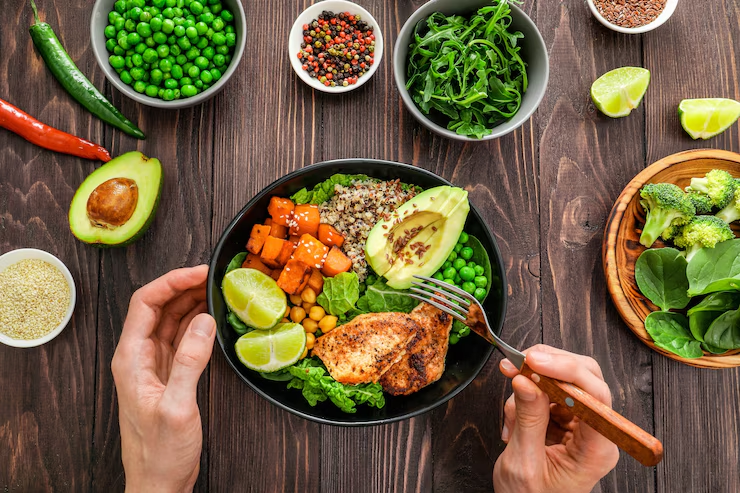
Muscle pain, also known as myalgia, can range from mild discomfort to severe and debilitating. Here’s an overview of muscle pain:
1. Causes of Muscle Pain:
– Overuse or Strain: Engaging in repetitive movements, overexertion during exercise, or lifting heavy objects can strain muscles and lead to muscle pain.
– Muscle Injury: Acute injuries such as muscle strains (tears in muscle fibers), sprains (injuries to ligaments), or contusions (bruises) can cause localized muscle pain.
– Tension and Stress: Emotional stress, anxiety, or prolonged periods of tension in muscles (e.g., from poor posture, sitting for long periods) can contribute to muscle tension and pain.
– Infections: Viral infections such as influenza (flu), colds, or bacterial infections can cause muscle aches and pains as part of systemic illness symptoms.
– Medications: Certain medications, such as statins (used to lower cholesterol), can cause muscle pain and weakness as a side effect.
– Medical Conditions: Conditions like fibromyalgia, myositis (inflammation of muscles), polymyalgia rheumatica, Lyme disease, thyroid disorders, and chronic fatigue syndrome can lead to widespread muscle pain and fatigue.
– Dehydration and Electrolyte Imbalance: Dehydration, lack of electrolytes (e.g., potassium, magnesium), or imbalances in electrolyte levels can contribute to muscle cramps and pain.
2. Symptoms of Muscle Pain:
– Dull, aching pain in specific muscles or muscle groups.
– Soreness, tenderness, or stiffness in muscles.
– Pain that worsens with movement or activity.
– Muscle spasms, cramps, or involuntary muscle contractions.
– Reduced range of motion or difficulty with certain movements.
– Swelling, redness, or warmth in the affected area in some cases.
3. Treatment and Management:
– Rest: Allow affected muscles to rest and avoid activities that aggravate pain or strain muscles further.
– Ice and Heat Therapy: Apply ice packs (for the first 48 hours after injury) or warm compresses to the affected area to reduce pain, inflammation, and promote healing.
– Pain Relief Medications: Over-the-counter pain relievers such as ibuprofen, acetaminophen, or aspirin can help alleviate muscle pain and reduce inflammation.
– Stretching and Exercise: Gentle stretching exercises, low-impact activities (e.g., walking, swimming), and gradual reintroduction of exercise can improve flexibility, strength, and reduce muscle tension.
– Massage: Massaging the affected muscles can help relieve tension, improve circulation, and reduce muscle pain.
– Hydration and Nutrition: Drink plenty of water to stay hydrated, maintain electrolyte balance, and consume a balanced diet rich in nutrients to support muscle health.
– Physical Therapy: A physical therapist can provide customized exercises, techniques, and modalities (e.g., ultrasound, electrical stimulation) to address muscle pain, improve mobility, and prevent future injuries.
– Stress Management: Practice relaxation techniques, stress-reducing activities (e.g., yoga, meditation, deep breathing), and improve sleep quality to reduce muscle tension and pain associated with stress.
4. Seeking Medical Attention:




